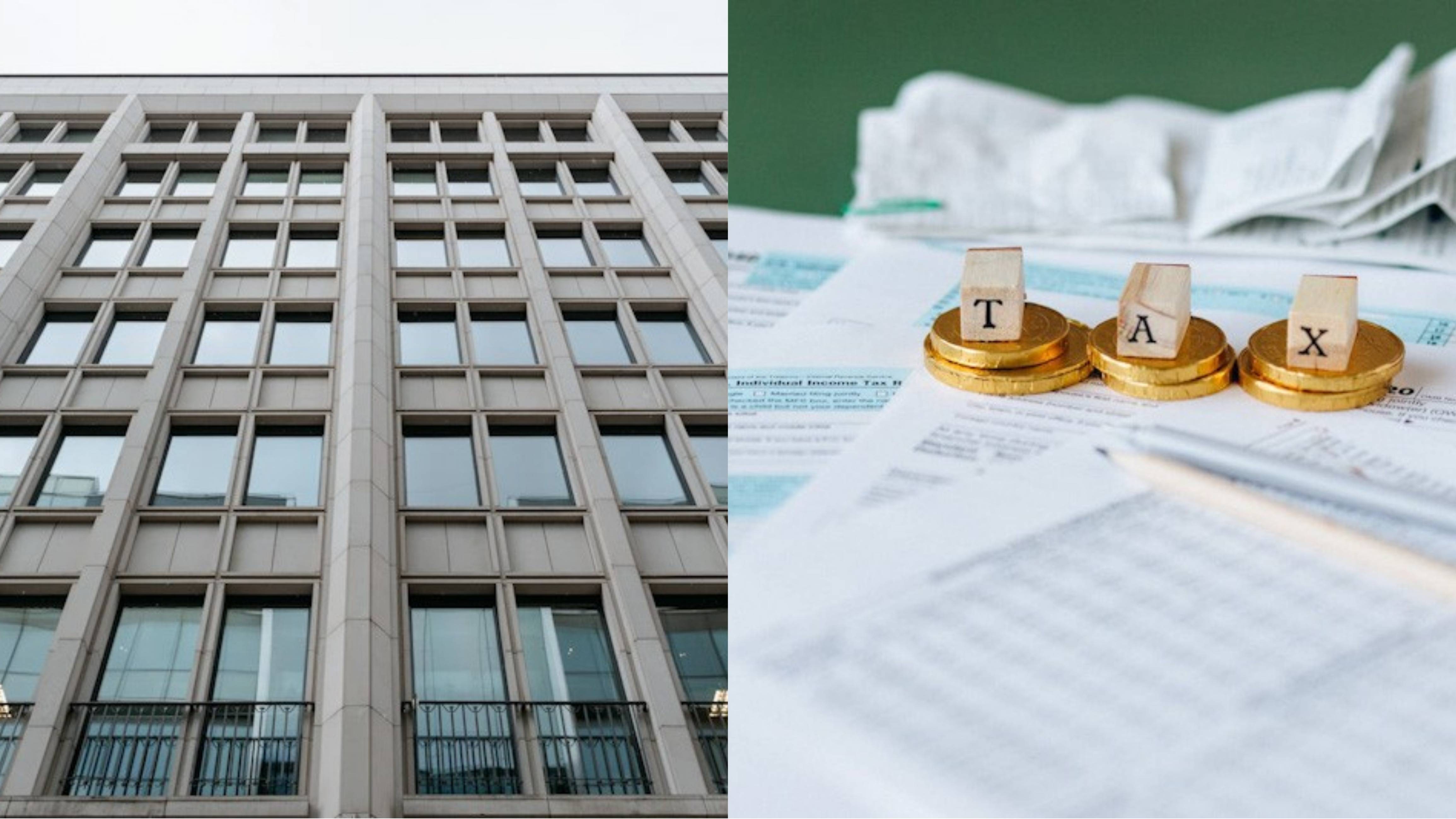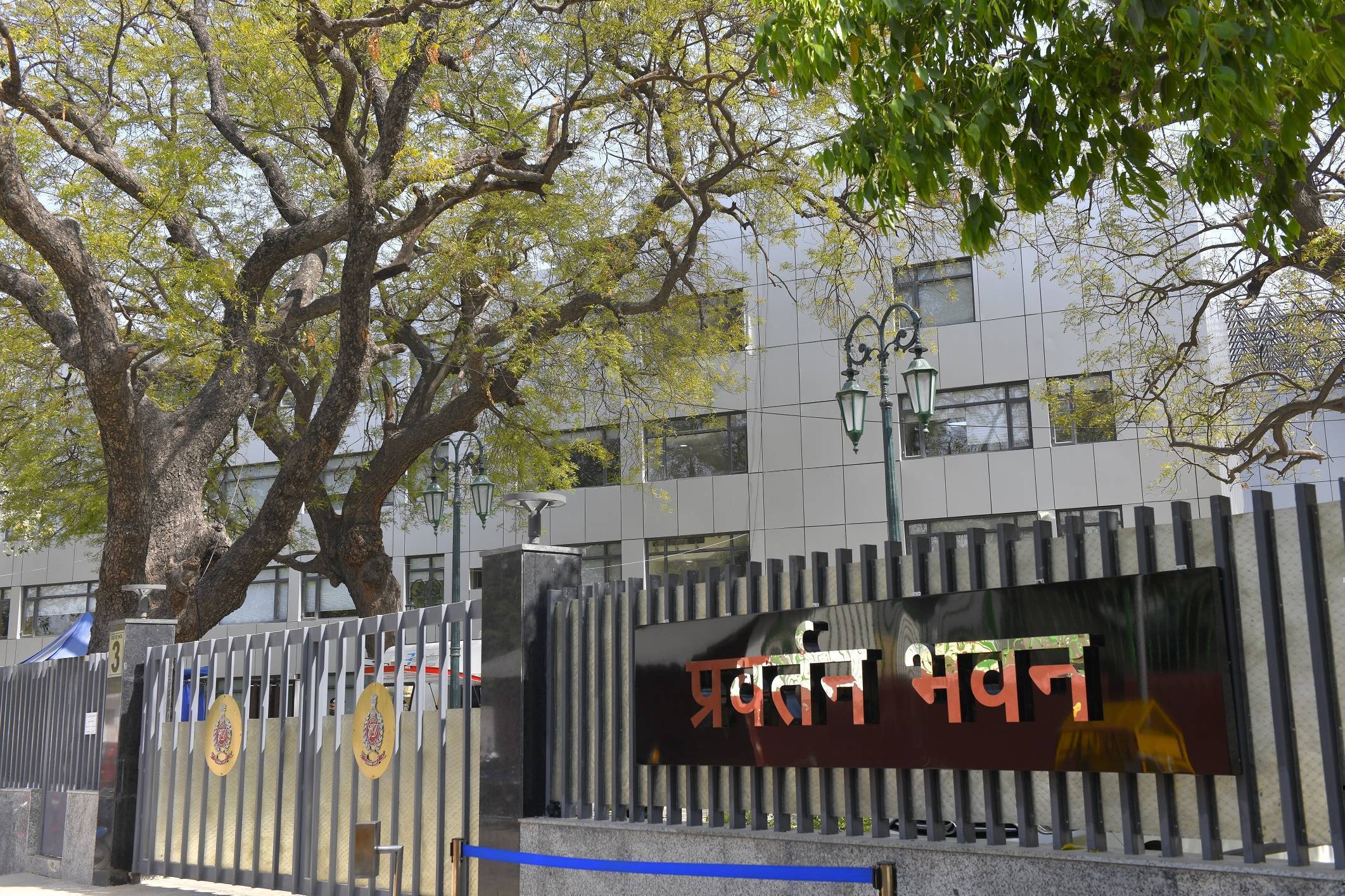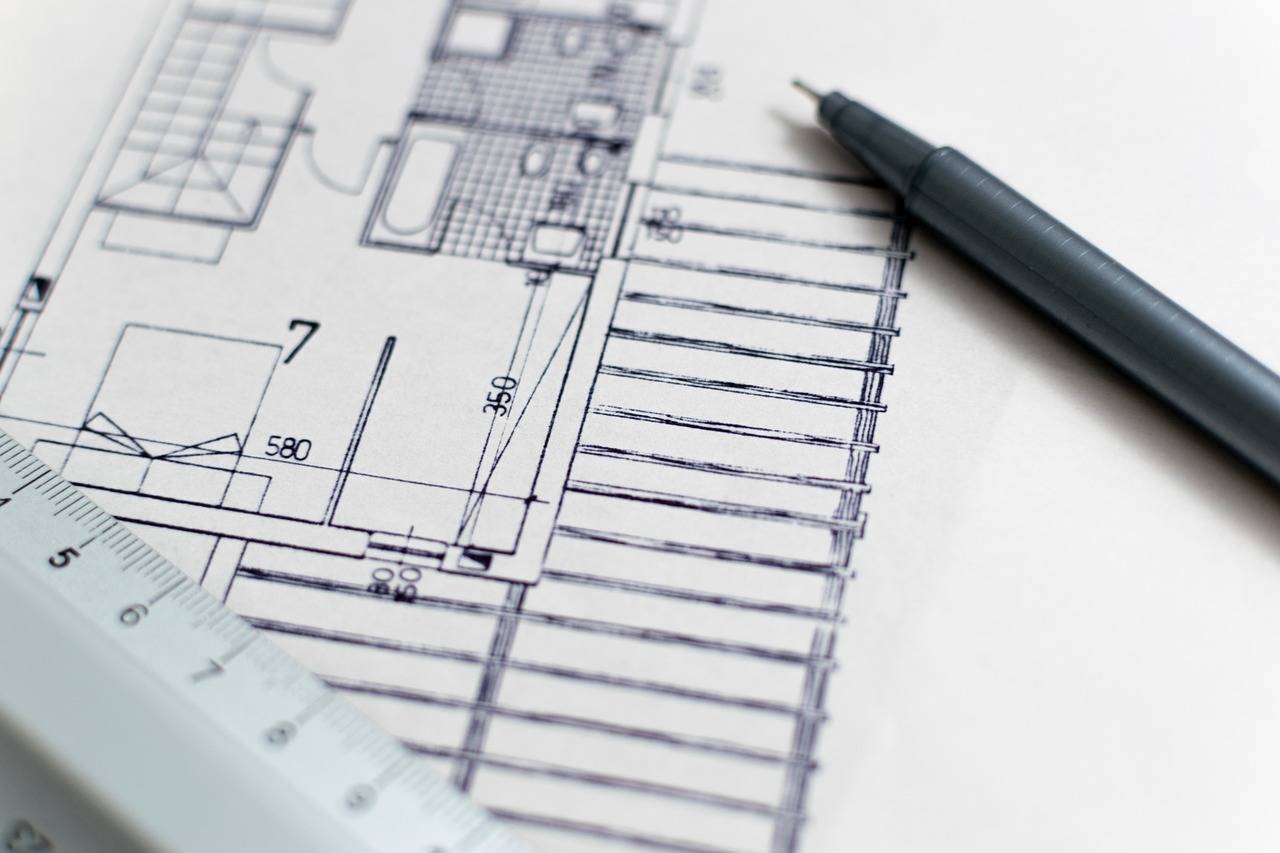The Supreme Court of India has ruled that the input tax credit (ITC) will be allowed on construction costs for commercial buildings intended for leasing. This ruling, delivered on October 3, 2024, has the potential to reduce the financial burden on businesses involved in leasing commercial spaces, especially tenants, by allowing them to claim ITC on expenses related to the construction of leased properties.
Key Highlights of the Ruling
The ruling came in response to a petition filed by Safari Retreats, which sought clarity on whether ITC could be availed on construction costs related to commercial properties. Previously, the provisions of the Goods and Services Tax (GST) Act did not allow businesses to claim ITC for immovable properties such as commercial buildings. However, the Supreme Court has now made a distinction between buildings classified as immovable property and those considered "plant and machinery" under GST laws.
The Supreme Court ruling specifically addressed three important issues:
1. Interpretation of the term "plant and machinery": The Court clarified that the term "plant and machinery" in the explanation to Section 17(5) of the GST Act is distinct from the term "plant or machinery" used in Section 17(5)(d). This distinction has important implications for how commercial buildings will be classified in the future.
2. Clarifying what constitutes a "plant": The Court emphasized the need for guiding principles to define what should be considered a "plant" under GST rules. It noted that a building may be classified as a plant if it plays an essential role in the business operations and meets specific functionality and essentiality criteria.
3. Constitutional validity of Section 17(5): The Court upheld the constitutional validity of Sections 17(5)(c) and (d), which previously restricted ITC on immovable property, but indicated that each case must be evaluated based on its specific facts to determine whether ITC can be claimed.
Impact on the Commercial Real Estate Sector
This ruling is expected to have a profound impact on the commercial real estate sector. By allowing ITC on the construction of leased commercial properties, businesses that operate in these spaces may experience significant cost savings. Previously, commercial tenants could not claim ITC on rents, which attracted an 18% GST without any corresponding credit relief. As a result, the financial burden on tenants in commercial spaces was substantial.
With the Supreme Court's decision, this situation is set to change. Companies involved in constructing and leasing commercial spaces, such as DLF, Max Estates, and Bharti Realty, will likely benefit from this ruling as it allows them to claim ITC on construction expenses. The real estate industry had long lobbied for such a change, arguing that the inability to claim ITC on construction expenses raised the costs of leasing properties and made it more difficult for businesses to remain competitive.
The ruling will also benefit other sectors that rely heavily on leased commercial properties, such as retail, IT services, hospitality, and co-working spaces. The ability to claim ITC on construction-related expenses is expected to lower rental costs, making these properties more attractive to potential tenants and investors. This, in turn, could stimulate increased investment in the commercial real estate sector, particularly in the development of malls, office buildings, and other leased spaces.
Potential for Broader Impact
Although the Supreme Court ruling directly impacts commercial real estate, it raises important questions for other sectors that may similarly benefit from the ability to claim ITC on construction-related expenses. For example, industries that rely on the construction of infrastructure such as ports, airports, factories, and data centers may also seek similar relief under the GST framework. The real estate industry has already indicated its desire for clarity from the government on whether these other sectors can expect similar treatment under GST rules.
One key aspect of the ruling is that the ITC benefit will apply retrospectively, providing a potential windfall for businesses that have incurred construction expenses in previous financial years. However, the window for claiming ITC for prior periods is limited, as the deadline for claims for the period up to 2022-23 has already passed. Nonetheless, businesses will still have the opportunity to claim ITC for the current financial year (2023-24), with a deadline of November 30, 2024.
The Way Forward for Businesses
The Supreme Court's decision represents a significant shift in how ITC is applied to construction costs for leased commercial properties. Moving forward, businesses will need to carefully assess their eligibility for ITC under the new framework. The Court's emphasis on functionality and essentiality as key criteria for determining whether a building qualifies as a plant suggests that each case will be evaluated based on the specific role that the property plays in the business's operations.
For real estate developers and companies involved in leasing commercial spaces, the ruling offers new opportunities to reduce costs and enhance profitability. However, businesses must also be prepared for increased scrutiny from tax authorities as they evaluate ITC claims under the revised rules. The nuanced approach taken by the Supreme Court means that businesses will need to demonstrate that their construction-related expenses are integral to their operations in order to qualify for ITC.









.png)